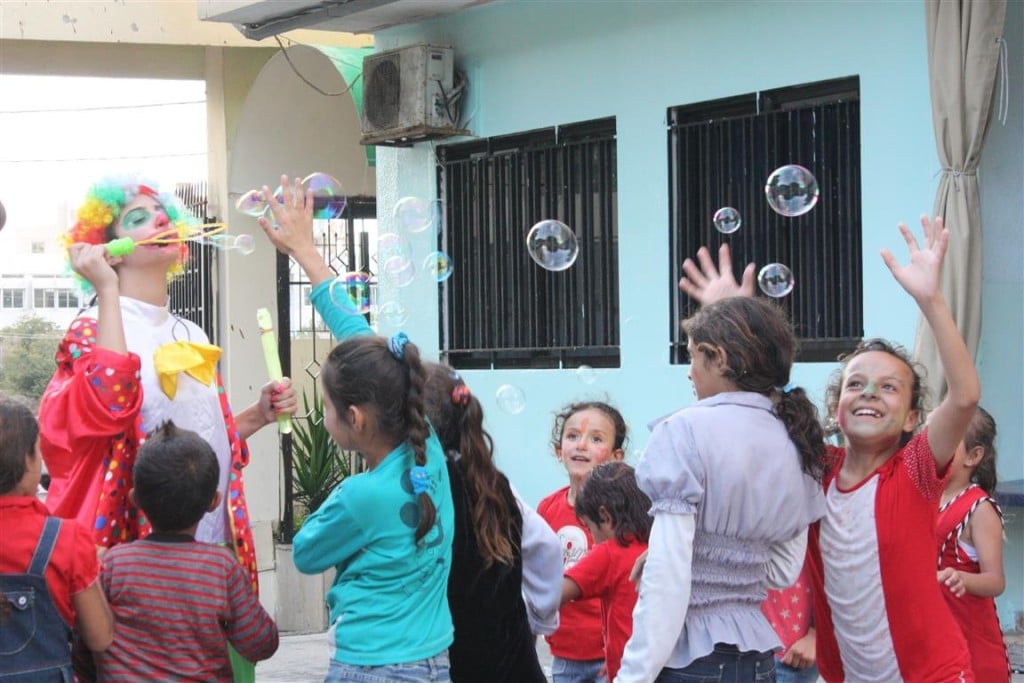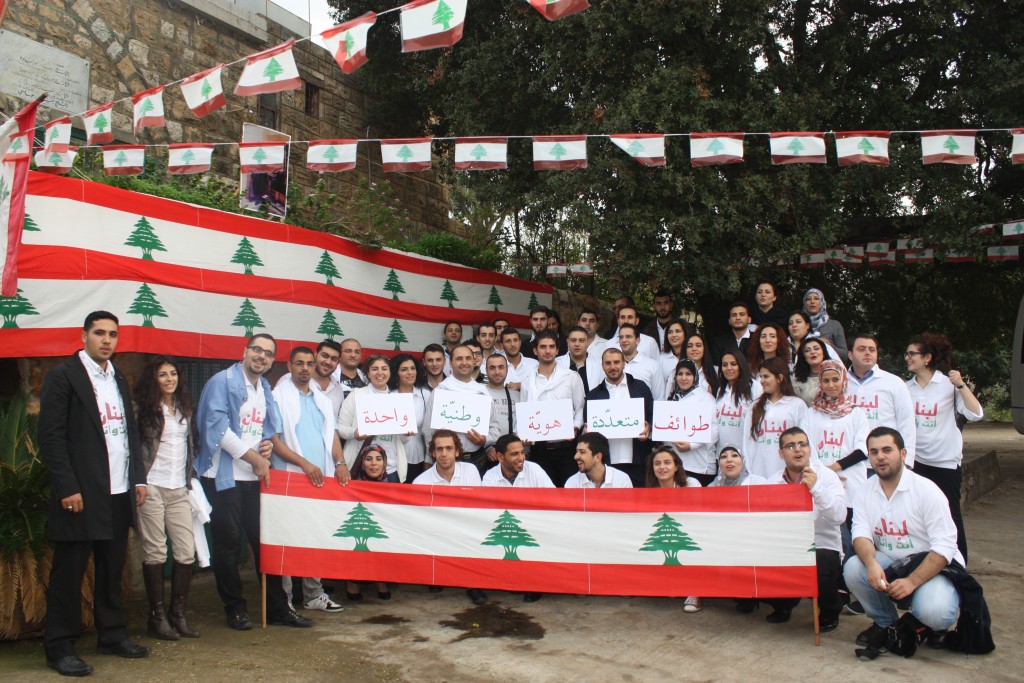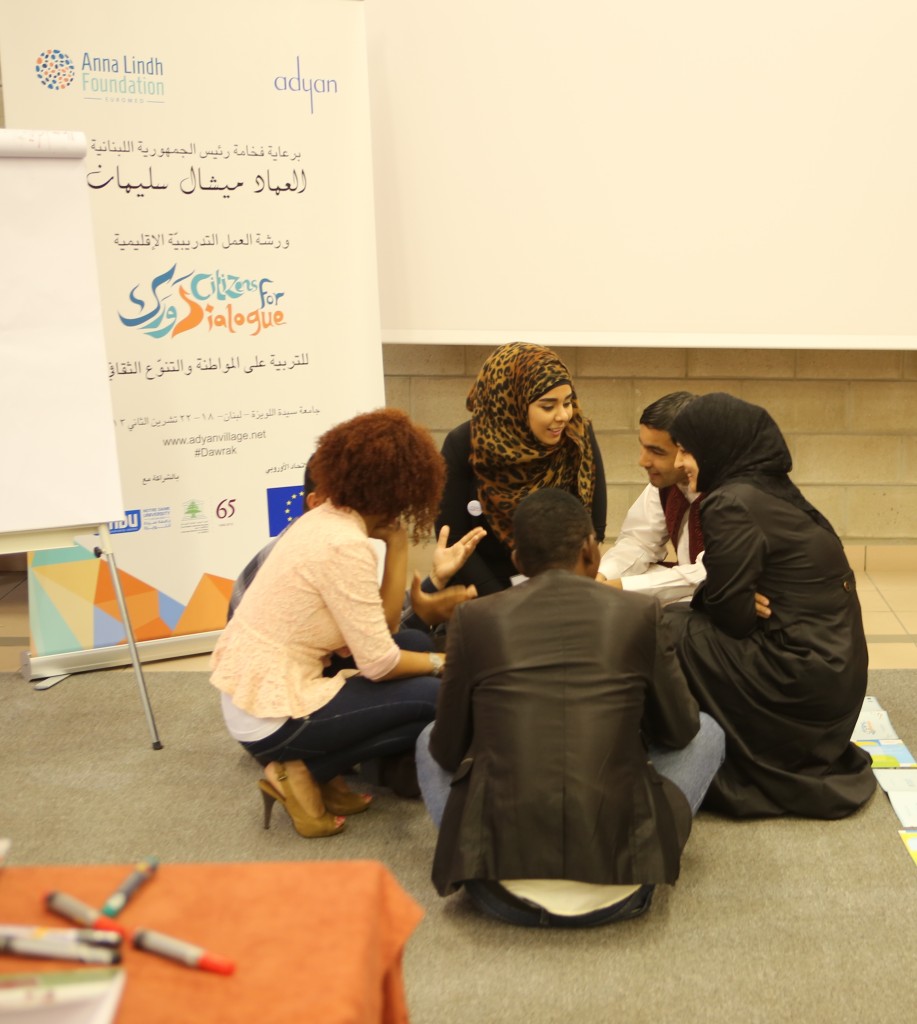Adyan Foundation: Working for Diversity
13 September 2015Interview with Rev. Prof. Fadi Daou and Dr. Nayla Tabbara, Adyan Foundation, Lebanon
Interview – part 2 [Previous part: http://bit.ly/1JU2neu]
(Interview questions: Dr. Maria Chr. Alvanou)
Q: What was the idea behind founding Adyan? How is the cooperation between Muslim and Christian members in such a project?
Rev. Prof. Fadi Daou & Dr. Nayla Tabbara: Adyan was founded with the belief that diversity between individuals and communities is an enrichment that generates mutual understanding, intercultural citizenship, creative development, sustainable peace and spiritual solidarity.
Adyan’s founding members are from Muslim and Christian denominations, making the Foundation an interreligious and a multifaith organization. We also chose the name Adyan, which means religions in the plural in the Arabic language, so as not to be limited to Christian and Muslim relations but to be open to all world religions.
Adyan believes that we, people who are different in our religions, meet not only in our humanity, but that we also meet from within our religions, theologically and ethically, and can live together a spiritual solidarity. This is why Adyan developed work in Muslim and Christian theologies of other religions, as it develops work on the common grounds and values between religions.

Therefore, Adyan seeks in its work to go beyond dialogue. This is why we are a foundation for interfaith studies and spiritual solidarity: we allow persons from different religions to meet to study, think, work together and move beyond dialogue to spiritual solidarity, where persons not only carry responsibilities together but where they carry each other. Being a Muslim or a Christian in Adyan means that we carry the other as a historic and social group, with its own memory, with its hurt, with its fears and with its hopes for the future.
Muslims and Christians in Adyan thus do not represent each their own community – unless they are appointed by their communities for official representation – but are individuals that represent themselves and that carry and defend the rights and concerns of all other communities.
Q: How would you evaluate the results of Adyan’s work and its impact in Lebanese society?
Rev. Prof. Fadi Daou & Dr. Nayla Tabbara: Adyan works on valuing religious diversity in its conceptual and practical dimensions, and on promoting coexistence and diversity management among individuals and communities, on the social, political, educational and spiritual levels.
The hard work of Adyan’s team in the past years, coupled with the vision and the faith that moves us, allowed Adyan to achieve an important policy change in Lebanon that impacts all of Lebanese society.
Adyan was in fact able to transform the policy of education in Lebanon regarding diversity, integrating education on religious pluralism, citizenship and coexistence in Lebanese schools in partnership with the ministry of Education and Higher Education.
Since 2007, Adyan had been implementing a non-formal education program in the form of youth clubs for high school students throughout Lebanon, working towards fostering the role of youth as active citizens for interfaith solidarity and peace building in the framework of a comprehensive national belonging and inclusive citizenship. This program has been awarded in 2013 the UN Alliance of Civilization’s international 2nd Prize of “Living Together Peacefully in a Diverse World”.
In parallel, Adyan has created networks, of volunteers, of youth, of university clubs and of families, that permeate the Lebanese society, and that witness in their daily behavior and actions to the vision, mission and values of Adyan. They not only have a mark on Lebanese society, in its different regions and sectors, but also leave an imprint abroad as they participate in international youth meetings and courses.
Adyan works today goes beyond Lebanon, and reaches other Arab countries, with also some Euro-Arab and international programs, mainly focusing on the development of a better management of religious diversity within and between societies, and facing the rise of extremism and sectarianism threats.

Q (for Rev. Prof. Fadi Daou): Apart from your academic capacity you belong also to the clergy. How is Adyan work fit to your calling as a priest? Has the Church supported your work?
Rev. Prof. Fadi Daou: It is deeply rooted in the Christian faith that our call as believers is to contribute to the mission of the church of being sign and instrument of the Kingdom of God in our daily life and the historic progress of our world. Therefore, it is clear that my commitment for peace and coexistence in our societies matches with my Christian and priesthood life. Yet, what may seems strange for some people is that I am living and doing this with believers from other religions, and not as for example being part of a Christian community or order. The answer to this challenge is based in our understanding of the concept of “spiritual solidarity” and my theological interpretation of the mystery of God and his presence in the world by his Son Jesus Christ and his Holy Spirit, including within the spiritual experience on non-Christians. Thus, I do believe, with the support of my community and its religious leaders, that in Adyan, I am living my Christian mission as a priest working for the kingdom of God in promoting peace in society and solidarity among believers.
Dr. Maria Chr. Alvanou: Thank you!







